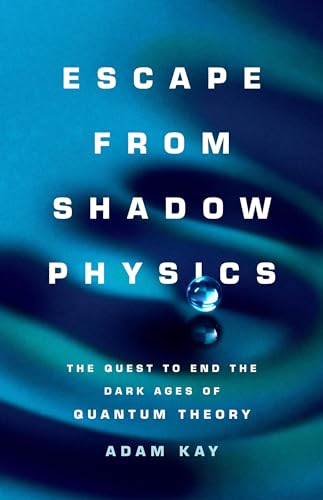What do you think?
Rate this book


423 pages, Kindle Edition
Published June 18, 2024
I am conscious of being only an individual struggling weakly against the stream of time. But it still remains in my power to contribute in such a way that, when the theory of gases is again revived, not too much will have to be rediscovered.